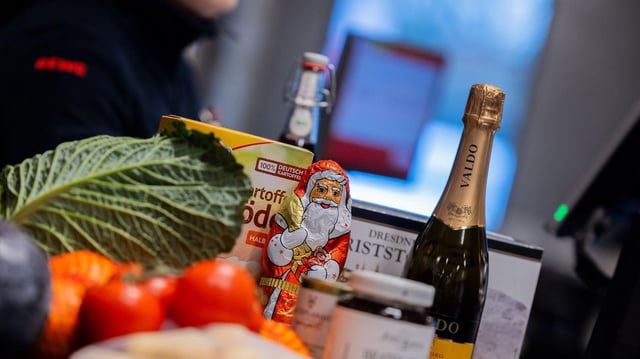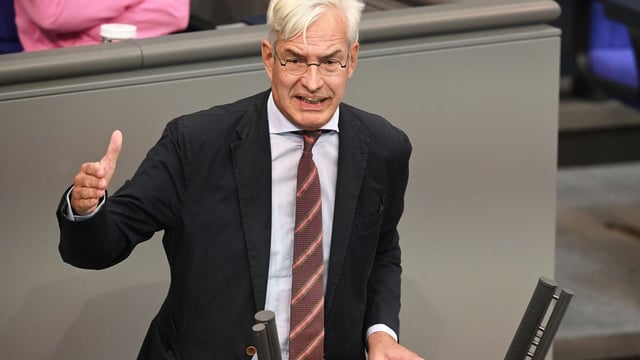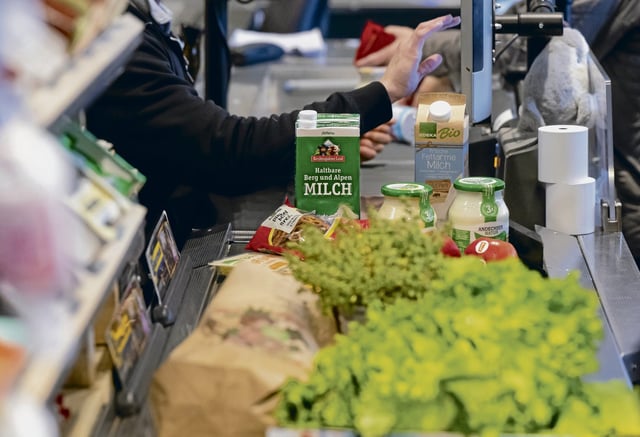Overview
- Chancellor Olaf Scholz announced a proposal to reduce the VAT on food from 7% to 5%, citing benefits for low-income households and manageable costs for the federal budget.
- The measure, estimated to cost around €4–5 billion annually, could provide an average savings of €60 per person per year if fully passed on to consumers.
- Critics, including opposition parties and economists, argue the proposal lacks precision, with wealthier households potentially benefiting more in absolute terms than those with lower incomes.
- Consumer advocates and social organizations largely support the idea, with some pushing for a zero-VAT policy on essential items like fruits, vegetables, and basic groceries.
- The proposal comes as food prices, while stabilizing, remain significantly higher than pre-2020 levels, with some items like butter and olive oil still experiencing sharp increases.



